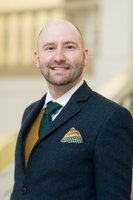Nuclear Weapons: How to Translate Knowledge of Risk into Policy Action
5pm, 26th May 2023
Join us for a thought-provoking panel on nuclear weapons, where experts in international security and disarmament will examine the challenge of translating knowledge of nuclear risk into meaningful political action. Against the backdrop of the ongoing Russian invasion of Ukraine, the panel will discuss how to effectively mitigate nuclear risk and move toward disarmament, including the roles of governments and civil society in this endeavor. By the end of the panel, attendees will have gained a deeper understanding of the complex issues surrounding nuclear risk, disarmament, and challenges and opportunities in translating knowledge into policy action.
Speakers
-

Merle Spellerberg
German Member of Parliament for Bündnis 90/Die Grünen
Merle is a member of the German Bundestag, where she is the deputy foreign policy spokesperson for Alliance 90/The Greens. She serves on the Defense and Foreign Affairs Committee and is the parliamentary group rapporteur on the subcommittee for Disarmament, Arms Control and Non-Proliferation. She works on topics including disarmament and peace policy, NATO, Eastern Europe and feminist foreign policy. She represents the constituency Dresden and Bautzen in Sachsen.
-
Jannis Kappelmann
PhD Student and Researcher at University of Hamburg
Jannis is a PhD Student and Researcher at University of Hamburg. He holds an MA in International Conflict Studies from King’s College London and a Bachelor’s degree in Sociology, Politics and Economics from Zeppelin University. Previously, he worked at the German Federal Foreign Office, the Centre for Science and Security Studies at King’s College London, the UN World Food Programme and the Permanent Mission of Liechtenstein to the UN. He also acted as Young Fellow at the German Council on Foreign Relations (DGAP) and co-led the Gender and Disarmament Project at SCRAP Weapons, SOAS University of London. His research focuses on nuclear weapons governance, norms, gender and humanitarian perspectives on disarmament and international security.
-

Xanthe Hall
International Disarmament Campaigner
Xanthe Hall is a prominent disarmament expert and campaigner who serves as co-director for the German affiliate of the International Physicians for the Prevention of Nuclear War (IPPNW). She co-founded the German abolition network “Atomwaffen abschaffen – bei uns anfangen” in 1994 and is a spokesperson for the network. Xanthe is also a co-founder and board member of the German affiliate of ICAN, which won the Nobel Peace Prize in 2017.
-

Dr Tobias Fella
Head of the Challenges to Deep Cuts project at the Institute for Peace Research and Security Policy at the University of Hamburg (IFSH)
Dr Tobias Fella is Head of the Challenges to Deep Cuts project at the Institute for Peace Research and Security Policy at the University of Hamburg (IFSH). His previous positions include foreign policy advisor at the Friedrich Ebert Foundation, research fellow at the Hertie School, and fellow at the German Institute for International and Security Affairs. His research focusses on arms control and issues of strategic stability under conditions of great power competition. His focus is on U.S.-Russian relations and the potential inclusion of the People's Republic of China in arms control.
-

George-Wilhelm Gallhofer
Head of Nuclear Disarmament, Non-proliferation and Delivery Systems at the Austrian Foreign Ministry.
George-Wilhelm Gallhofer is Head of Nuclear Disarmament, Non-proliferation and Delivery Systems at the Austrian Foreign Ministry, a position he has held since March 2019. He serves as the Executive Secretary of the Hague Code of Conduct Against Ballistic Missile Proliferation (HCoC). He was deputy to the president of the First Meeting of States Parties of the Treaty on the Prohibition of Nuclear Weapons (TPNW) in 2022; was a member of Austria’s delegation to the negotiating conference for the Treaty; and worked on the Humanitarian Impacts initiative (HINW) that led to adoption of the Treaty. He previously served at the Austrian Missions to the United Nations in New York, the European Union in Brussels, and the Council of Europe in Strasbourg. He holds degrees in English and German law from University College London, the London School of Economics and the University of Cologne, as well as Masters Degrees from the University of Warwick and the Diplomatic Academy of Vienna. -

Ruth Rohde (Moderator)
Youth Activist
Ruth is an MA student at the Graduate Institute of International and Development Studies in Geneva, and a co-founder and program manager of the youth-led Corruption Tracker project, which seeks to document corruption in the global arms trade. She formerly worked at ICAN as a policy and research intern, where she supported ICAN’s research output as well as event organisation.


